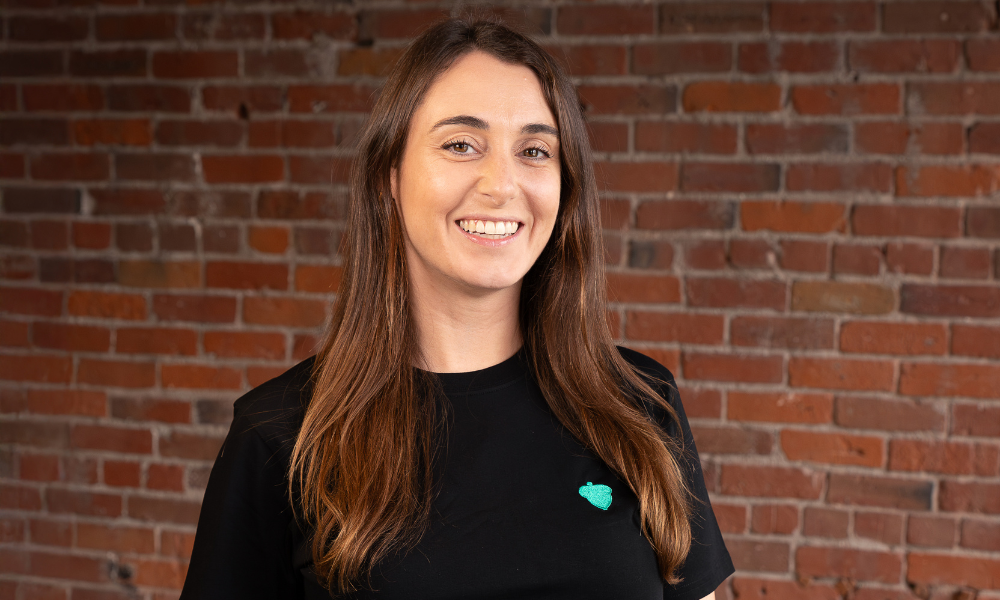
Eloise Littlejohns of Acorn to speak at National HR Summit Australia

Linking learning and performance is the key to fostering a continuous learning environment in workplaces, according to an HR expert.
A continuous learning environment has long been encouraged in workplaces as a strategy to keep employees' skills relevant amid the adoption of rapidly developing technology at work.
Eloise Littlejohns, director of operations and people at Acorn, described a continuous learning culture as an environment where learning is embedded on a day-to-day basis.
"Learning shouldn't be something that happens one-off in the background. It should be happening on a day-to-day basis across everything that you do in your roles, by thinking about that in the daily workflows," she told HRD in an interview.
Littlejohns pointed out that learning is usually perceived as too "formal and structured," which can discourage employees from participating in related strategies.
Another reason for low participation is time. Data from the Committee for Economic Development of Australia revealed last year that participation in work-related training has dipped by 14% since 2007 in Australia.
Both workers and employers cited time constraints as a key barrier for the decline, according to CEDA.
"It's also really important to make sure that learning can be digital. It can be modular," Littlejohns said. "It can be accessed really easily through a streamlined UX or tech platform. It can be available at any time so that people can act with it."
Ultimately, the strategy of connecting learning to an employee's performance will enable a continuous learning environment to thrive and overcome barriers such as time constraints.
"[It’s about] making sure that it's really linked to their job and their job role," Littlejohns said.
Linking learning to performance means employees understand what they're learning and why they're learning, according to the expert.
"When you link the learning to the performance of their role, that's when people really understand that ongoing and continuous learning need, [and] you would then see the uptake in learning," she said.
"So, for HR managers, you're much more likely to be able to encourage someone to take time out to do that learning if employees can understand that it would actually help them in their role."
In order to link learning and performance, Littlejohns highlighted the concept of a "capability-driven" approach to the HR function.
"I wouldn't say it necessarily differs from traditional HR practices, but it's using the concept of capabilities and capability frameworks in a consistent way across the HR functions," she said.
This approach helps ensure that employers are offering learning opportunities that are relevant to staff, not just offering them as a box-ticking exercise.
"It's really linking very, very clearly why somebody is doing the learning that they're doing, and also using AI to really make sure that the level of learning is correct as well," Littlejohns said.
"It makes sure that the learning that people are taking the time out of their busy day jobs to do is much more relevant, tailored, and personalised to that individual's capabilities."
AI is crucial in taking a capability-driven approach to learning.
"With AI, you can take an individual role and break it down very specifically into the key capabilities that are specific to that role," Littlejohns explained.
It can be used to map a specific learning level as well, so it can identify whether an employee should be doing a foundational course or if they can go further with a much more advanced course.
"With AI, it's much more streamlined and much quicker and much more tailored," she said.
Littlejohns will further discuss the move to a capability-driven HR function in the upcoming National HR Summit Australia on April 1 and 2 at the ICC Sydney.
She said she is "very excited" to be joining an event.
"Post-COVID, there's a real demand for people to get back in the room with each other, and having attended a number of in-person conferences last year, you really get the buzz and the thrill of being back in the room with everybody," she said.
"You get to network and share experiences, hear what other organisations are doing, get to meet some of the top leaders in the country, and learn from each other, which is what we will do as our day jobs anyway."